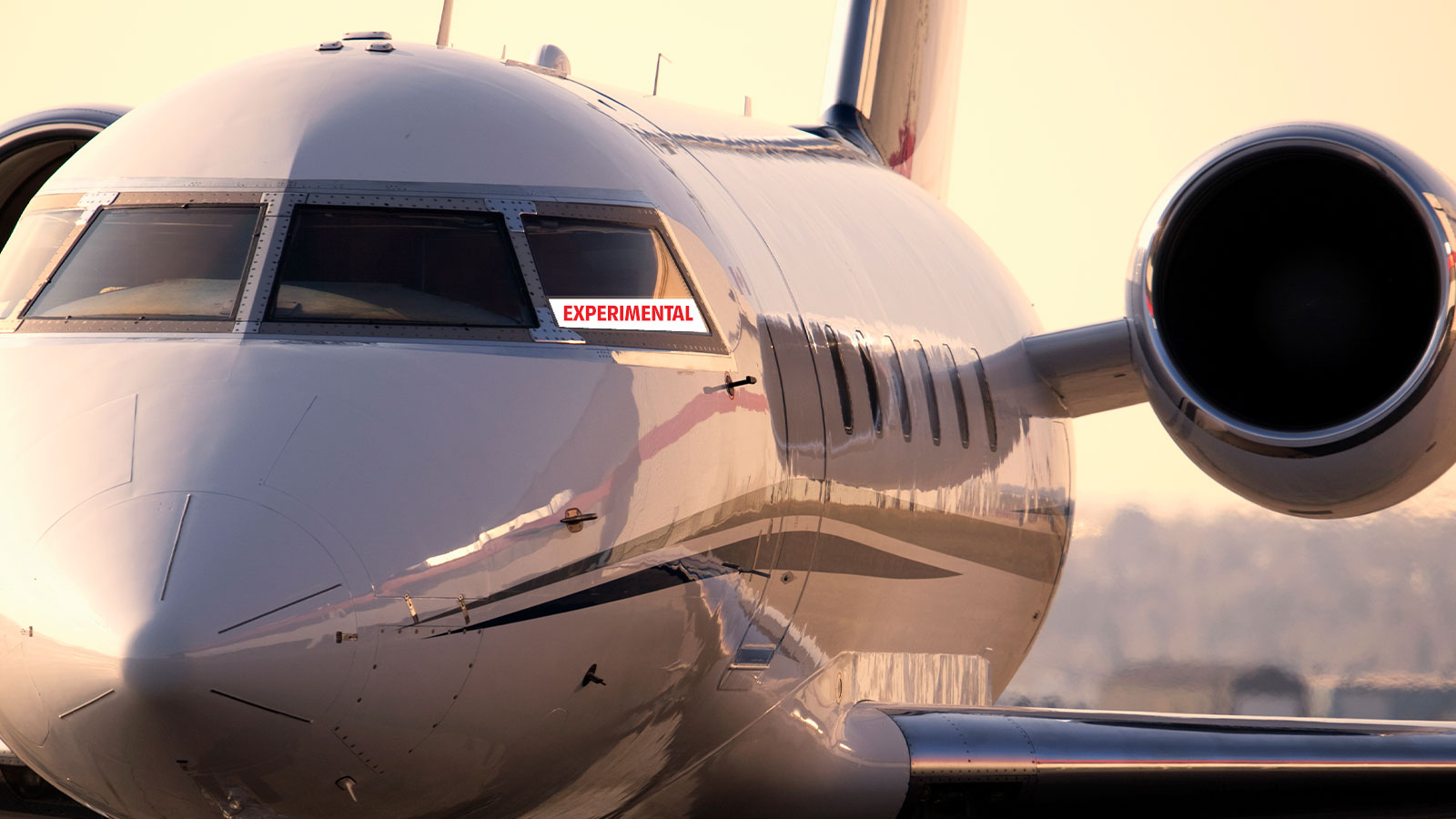Flying with an Experimental Operating Certificate: 3 Tips for International Operations


This aviation blog post is part of a series on operating with an experimental airworthiness certificate and continues from our last post “Operating with an Experimental Airworthiness Certificate: 7 Tips for Pre-flight Planning“.
For operators of business jets, operating internationally under an experimental certificate does not have to be a difficult or operationally limiting experience. To make this a painless process, it’s best practice to seek help from an experienced 3rd-party provider for arranging ground handling services, obtaining overflight and landing permits, and navigating regulations. The 3rd-party provider you select should have an active working relationship with the applicable civil-aviation authorities. Your 3rd-party provider should also understand Airport Improvement Program (AIP) regulations from applicable countries, know the right questions to ask, and know the correct permits to obtain.
1. Be prepared for additional lead time for overflight and landing permit applications and changes
While a quick trip to Europe may take little time to set up for a private non-revenue operator, you will have to add three to five working days for permit applications when an experimental airworthiness is involved. Similarly, a quick tech stop in Canada may not be a quick tech stop anymore, as a landing permit is involved. The more lead time you provide to the appropriate approving authorities, the better. Apply for the longest permit windows available for each country you intend to fly to or over. Your 3rd-party provider should be able to guide you through this permit process. We consider it best practice to push for a one-month window whenever possible, and in our own experience, it may be possible to obtain international experimental permits good for up to one year.
2. Have paperwork and permits in hand
Understand all limitations associated with your experimental certificate to avoid problems. Be sure to have all paperwork in order in case you’re ramp checked overseas at international stops. Airport authorities can ramp check the aircraft at any time and be particularly stringent, as in France and Germany. When a flight plan indicates private non-revenue experimental, it may result in air traffic control (ATC) asking for your overflight or landing permit number as applicable.
3. Be prepared for possible operating problems
When flying internationally, always prepare for the worst-case scenario to avoid surprises. The most common mistake is not reading and understanding the limitations of what you can and can’t do under your experimental certificate. Plan ahead, understand certificate limitations, and work with a 3rd-party provider to double-check requirements. Work with Civil Aviation Authorities (CAAs) when necessary, on a one-on-one basis. For example, you may call a CAA and be informed verbally that you do not require an overflight permit, but don’t always accept that as the final response. If an experimental certificate permit is required in the AIP, your 3rd-party provider should follow up with the appropriate governing authority to verify this in writing. In our experience, we find that CAAs in various countries are not always familiar with their policies on experimental flights, due to the low volume of experimental flights they process. For this reason, further communication with the appropriate CAA is required to ensure the correct permits are obtained to maximize operational flexibility.
Conclusion
Operating under an experimental certificate does not have to be a difficult experience. If you have a 3rd-party provider assist with services, overflight and landing permits, and regulations, operational flexibility will be maintained. An experienced 3rd-party provider who works on a daily basis with CAAs worldwide will understand AIP rules affecting different countries, know the questions to ask and which permits are necessary for your trip.




